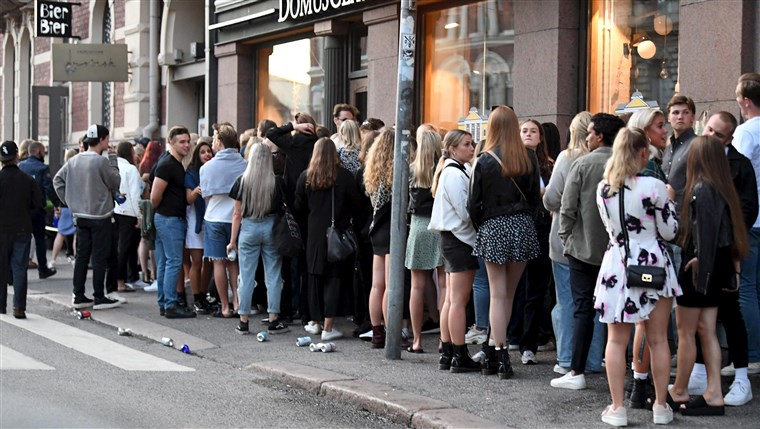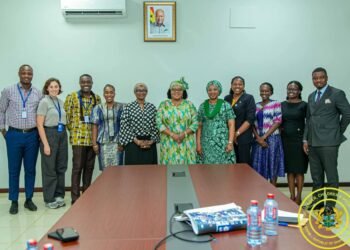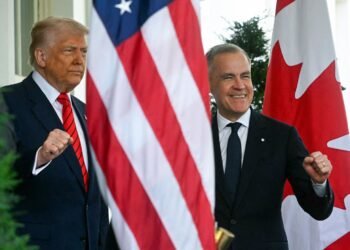Countries putting their own interests ahead of others in trying to ensure supplies of a possible coronavirus vaccine are making the pandemic worse, the head of the World Health Organization, Tedros Adhanom Ghebreyesus has said in a virtual briefing.
He stressed that, “[Acting] strategically and globally is actually in each country’s national interest as no one is safe until everyone is safe, we need to prevent Covid-19 vaccine nationalism.”
He added that he had sent a letter to all WHO members asking them to join multilateral vaccine efforts.
WHO also reminded drug makers to follow all necessary research and development steps when creating a vaccine. Socorro Escalante, WHO’s technical officer and medicines policy adviser, said that the organization was coordinating with Russia, which this month became the first country to grant regulatory approval for a COVID-19 vaccine.
“We hope to get the response in terms of the evidence of this new vaccine,” Escalante said.
The World Health Organization senior adviser, Bruce Aylward added that the world must administer widespread anti-flu vaccinations this year to help to ward off the risk of complicating coronavirus infections.
He reiterated that national supply deals in the event of the development of a successful vaccine against the coronavirus should fit a global approach.
The World Health Organization (WHO) also announced that it was concerned that the novel coronavirus spread was being driven by people in their 20s, 30s and 40s, many of whom were unaware they were infected, posing a danger to vulnerable groups.

WHO says the Coronavirus pandemic is now driven by younger adults. Image credit: NBC news
WHO officials said this month, the proportion of younger people among those infected had risen globally, putting at risk vulnerable sectors of the population worldwide, including the elderly and sick people in densely populated areas with weak health services.
“The epidemic is changing,” WHO Western Pacific regional director, Takeshi Kasai, said at the virtual briefing. “People in their 20s, 30s and 40s are increasingly driving the spread. Many are unaware they are infected.”
“This increases the risk of spill over to the more vulnerable,” he added.
He said countries were better able to reduce disruption to lives and economies by combining early detection and response to manage infections.
WHO epidemiologist, Maria Van Kerkhove, added that people should not be blamed for wanting to live normal lives but “the message from the World Health Organization is that people, especially the young, are not invincible amid the coronavirus pandemic”
She said, “We are seeing young people who are ending up in ICU. Young people are dying from this virus.”
Maria Van Kerkhove also announced at the briefing in Geneva that, studies to date showed that less than 10% of the population has evidence of antibodies against the virus.
Surges in infections have been reported in countries that had appeared to have the virus under control, including Vietnam, which until recently went three months without domestic transmission due to its aggressive mitigation efforts.
More than 21.9 million people have been reported to be infected by the novel coronavirus globally and 772,647 have died.




















